Kakadu National Park is almost 20,000 square kilometres – about half the size of Switzerland. Home to 2,000 different plants and around a third of all bird species nationwide, preserving environmental balance in the park is vital so future generations can enjoy it too.
That’s where the Environmental Research Institute of the Supervising Scientist (ERISS) comes in. Charged with assessing uranium mining projects in the Alligator Rivers Region, as well as environmental monitoring across the region, their work is essential for ensuring the countless native species of plants and animals aren’t affected by human interference.
Protecting nature’s balance
Dr. Ceiwen Pease, laboratory manager for the Water & Sediment Quality Program, is part of the Ecotoxicology Laboratory which is recognised as a preeminent scientific facility in Australia producing a high standard of research.
”Part of what we do is performing ecotoxicological tests on key contaminants related to uranium mining. This ensures the aquatic organisms of Kakadu are protected. Our living cultures include species such as the Purple Spotted Gudgeon, Hydra viridissima (a freshwater relative of the jellyfish) and microcrustaceans. These are then exposed to key contaminants of concern so that we can establish what concentration figures will not cause harm,” says Dr. Pease.
”But for me personally, my main role is ensuring our culture organisms are healthy, happy and kept at optimum environmental conditions.”
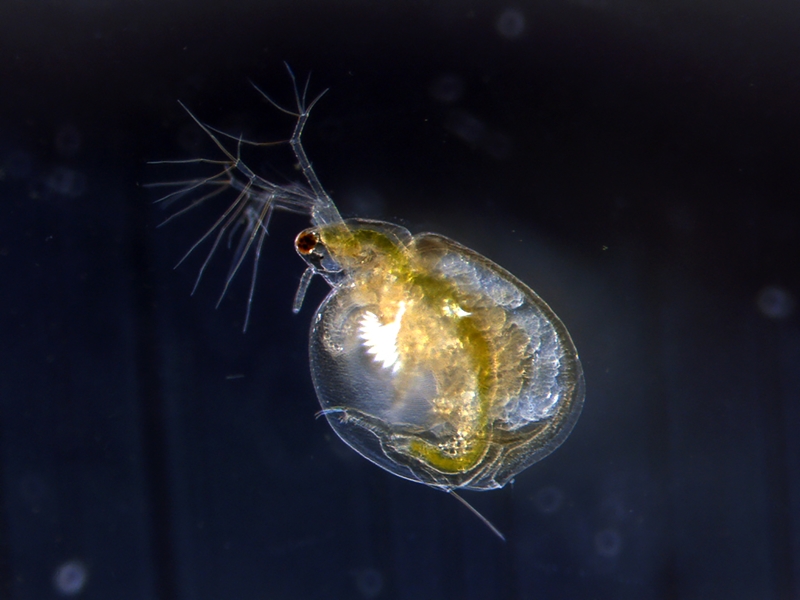 Hydra viridissima are just one of the Kakadu species monitored under the Water & Sediment Quality Program.
Hydra viridissima are just one of the Kakadu species monitored under the Water & Sediment Quality Program.
Dr. Pease’s work is guided by procedures laid out in the the Australian and New Zealand Guidelines for Fresh and Marine Water Quality and methods established by the US Environmental Protection Agency, now accepted as world standard. However, as one of only four tropical ecotoxicology labs in the country, Dr. Pease has adapted some of these practices to suit local conditions.
”We are very process-driven. We set strict acceptability standards for pH, dissolved oxygen and electrical conductivity. Our research needs to meet these standards and precisely replicate the real environmental conditions in the park – if it doesn’t, then our data is invalid,” she says,” she says.
Challenges to the quality management process
Accurately managing the internal conditions of all testing facilities and laboratories is vital. Temperature-controlled chambers have to be maintained within precise ranges in order to provide livable conditions for living cultures. Any changes in temperature, by even plus or minus one degree Celsius, can contribute to organisms getting sick or even dying.
”Our machines work hard. We use seven controlled temperature chambers in our research, set to 27, 29 and 30 degrees Celsius. Within each chamber is a 30 millilitre water sample which represents the water our organisms are held in – this acts as a guide as to how the temperature is changing for our organisms. Ideally, we need to keep this range as constant as possible. Any variance can skew our data and compromise our research,” says Dr. Pease.
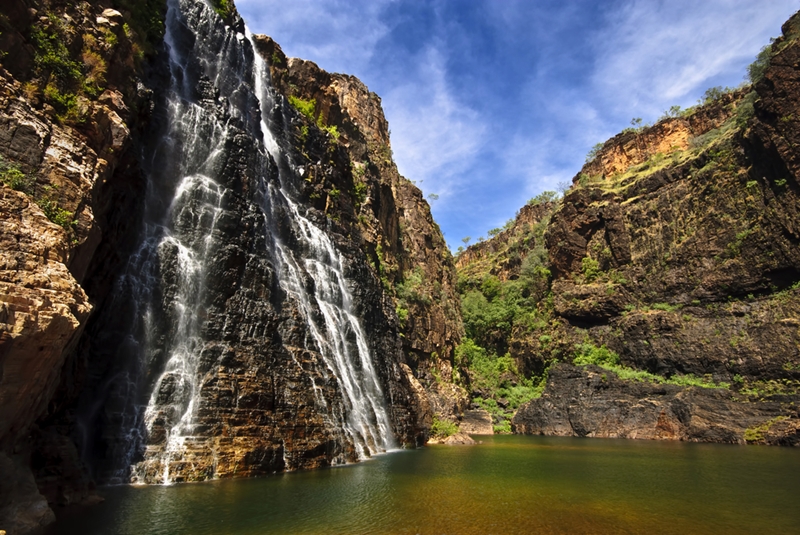 The safety of Kakadu National Park’s species are in the hands of of the Water and Sediment Quality Team and ERISS.
The safety of Kakadu National Park’s species are in the hands of of the Water and Sediment Quality Team and ERISS.
Testo’s Saveris 2 solution
Each water sample contains a testo Saveris 2 Wireless temperature probe, providing real-time data on the ongoing conditions within each chamber.
”The Saveris 2 device is wonderful. We all get updates on the environmental and water temperature every five minutes, meaning we always have data to-hand on how our cultures are coping,” she says. ”The automatic alarm feature also means we are alerted as soon as there is a one degree Celsius change in any of our constant temperature chambers.”
The team was also able to integrate the Saveris 2 probes with the cloud-hosted data platform on Testo’s website.
”It’s meant our team can access facility data more easily – it’s been a real benefit to securing the integrity of our research and keeping our living cultures safe.”
For help with finding the right Testo device for your business, contact the team today.



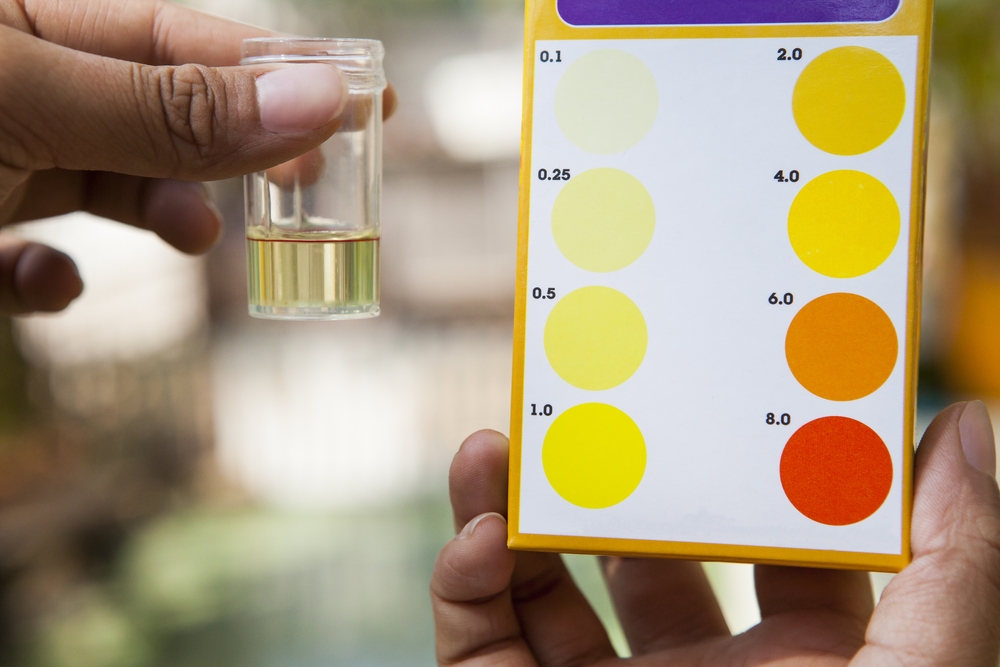
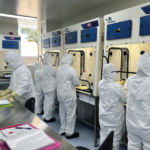




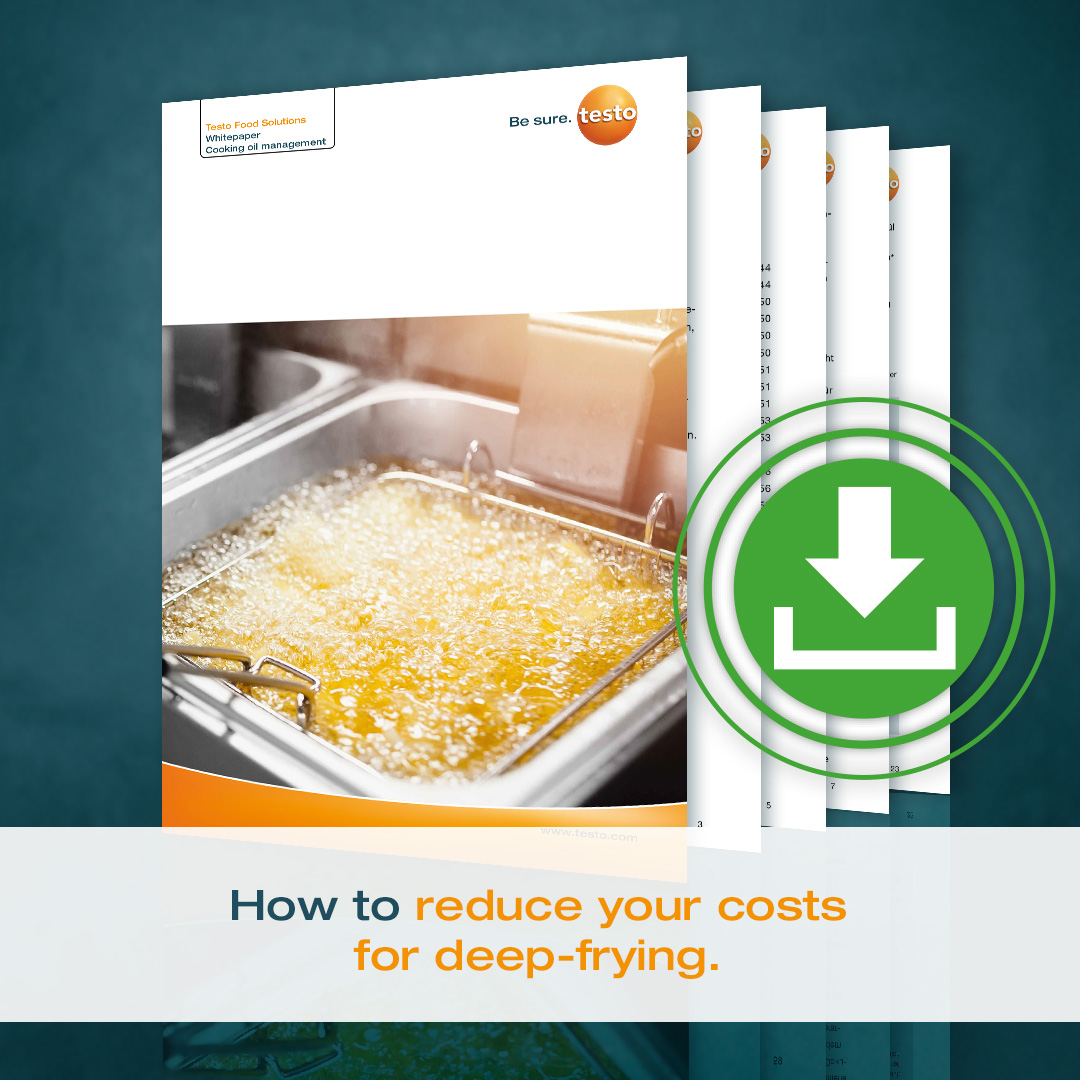 Reduce cooking oil costs while ensuring quality
Reduce cooking oil costs while ensuring quality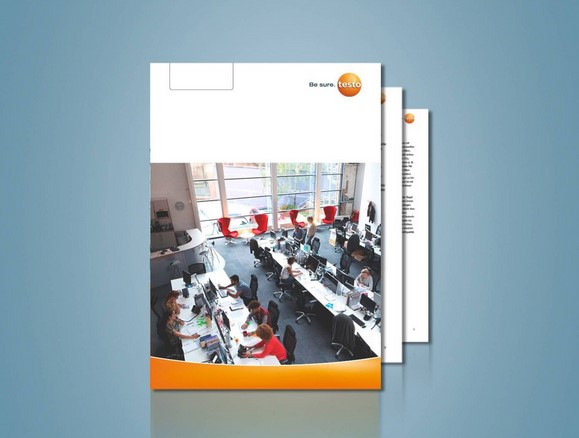 Expert knowledge on CO2 monitoring
Expert knowledge on CO2 monitoring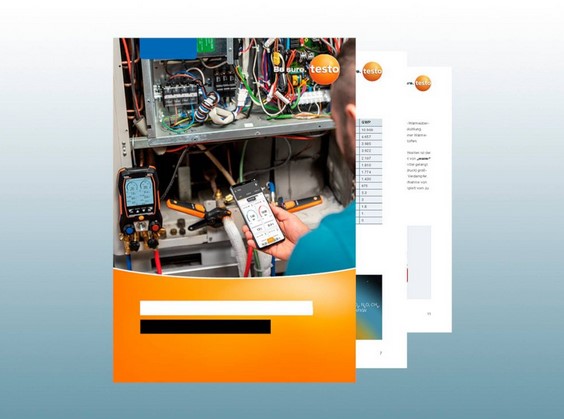 Refrigeration knowledge - in 3 modules
Refrigeration knowledge - in 3 modules



